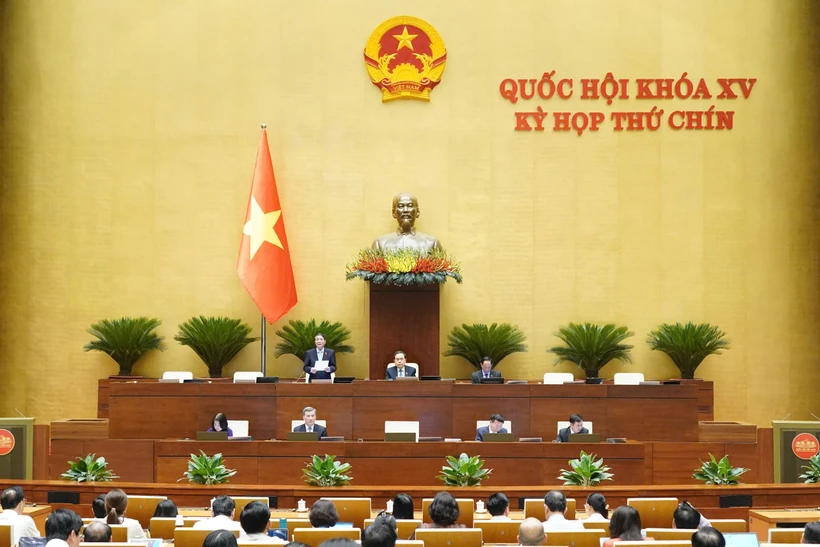
9th session, 15th National Assembly . (Photo: quochoi.vn)
At the morning meeting on June 27, the 9th Session, the National Assembly officially voted to pass the Law on Railways (amended).
Previously, in the report explaining, receiving and revising the draft Law on Railways (amended), Minister of Transport Tran Hong Minh said that the draft Law after receiving and revising includes 4 chapters, 59 articles, 25 articles less than the draft submitted by the Government. Special policies are stipulated separately in Section 2, Chapter II of the draft Law and only apply to important national projects and projects whose investment policy is decided by the National Assembly.
The Government also carefully reviewed the draft Law with newly issued laws or laws being considered for approval at the 9th Session to ensure consistency, synchronization, and avoid legal conflicts.
Regarding the State's preferential and support policies for railway development, taking into account the opinions of delegates, on the basis of inheriting and perfecting preferential and support policies to attract investment resources, develop railway infrastructure and industry, and enhance the leading role of railways in the national transport system, the draft Law has been revised to be more transparent, clear and feasible.
Regarding railway planning and planning adjustment, implementing the Party's policy on decentralization and delegation of power, the draft Law has stipulated the decentralization from the Prime Minister to the Minister of Construction on approving railway network planning; at the same time, absorbing delegates' opinions, the draft Law has supplemented the content of amending the Law on Planning to ensure consistency and unity.
The Draft Law has amended Article 22 in the direction that in case of approval or adjustment of railway projects or resettlement projects to serve site clearance for railway projects according to railway network planning or provincial planning but there are changes compared to other related planning, the project is approved without having to carry out planning adjustment procedures; related planning must be promptly updated accordingly and announced according to regulations.
Regarding investment in railway projects using non-state capital, according to Minister Tran Hong Minh, in order to promptly institutionalize the Party's important guidelines on private economic development in Resolution No. 68-NQ/TW, the draft Law has provisions on investment in railway projects using non-state capital, in which, to encourage organizations and enterprises to participate in investment in railway projects under the public-private partnership method or direct investment, the draft Law has stipulated that these projects are guaranteed by the state for compensation and resettlement support costs and this part of the cost is not included in the proportion of state capital participating in the project when implemented under the PPP method.
In addition, Article 24 of the draft Law has been revised to add binding conditions and control over the transfer of investment projects to ensure strict management, avoid loss of assets, and ensure national defense and security.
In addition, clearly define the role of state management through the participation of state agencies in controlling the steps after investment policy such as: Checking acceptance work, approving the list of standards applicable to the project because railway projects are often large-scale, high-tech, complex technology and require high safety.
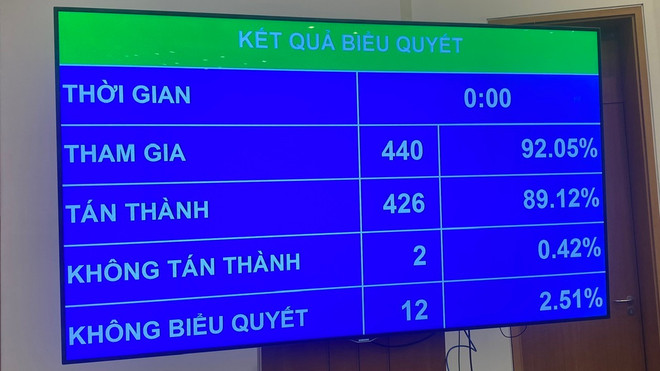
Voting results of the Railway Law (amended)
Regarding compensation and resettlement support when the State recovers land, accepting the conclusion of the National Assembly Standing Committee, the name of Article 34 has been revised to comply with the provisions of the Land Law. At the same time, to ensure strictness and not apply universally to all projects, Article 57 of the draft Law clearly states that this provision only applies to important national railway projects and railway projects for which the National Assembly decides on investment policy.
Article 34 of the draft Law stipulates that the Provincial People's Committee is allowed to decide to separate the compensation and resettlement support project into an independent project and to appoint a contractor for this work. This provision is similar to the provisions of the Law on Public Investment and the Law on Bidding, except that the time to decide to separate the project is after the competent authority has decided on the investment policy. This is one of the important contents, aiming to remove the "bottleneck" in site clearance, the main cause of slow progress and capital increase.
In addition, regarding construction contracts, taking into account the opinions of delegates and the opinions of the examining agency, to ensure that too much power is not given to consultants, leading to difficulty in controlling costs and prices, the draft Law has been revised in the direction of removing the decision-making power of consultants in Clause 1, Article 33, limiting the application of all but only 03 provisions of the FIDIC model set of contract conditions and adding the responsibilities of the investor.
Regarding the effective date and transitional provisions, taking into account the opinions of the delegates, the Government has reviewed and revised the provisions effective from July 1, 2025 and those effective from January 1, 2026 of the draft Law to ensure the feasibility of the provisions taking effect early.
In addition, to ensure no interruption in railway operations, especially construction investment activities, the Government has directed a thorough review of cases requiring transitional handling for projects that had investment decisions made before the effective date of this law and transitional regulations for system safety assessment./.
(Vietnam+)
Source: https://www.vietnamplus.vn/hop-quoc-hoi-khoi-thong-dong-chay-nguon-von-dau-tu-cac-du-an-duong-sat-post1046683.vnp



![[Photo] Visit Hung Yen to admire the "wooden masterpiece" pagoda in the heart of the Northern Delta](/_next/image?url=https%3A%2F%2Fvphoto.vietnam.vn%2Fthumb%2F1200x675%2Fvietnam%2Fresource%2FIMAGE%2F2025%2F11%2F21%2F1763716446000_a1-bnd-8471-1769-jpg.webp&w=3840&q=75)

![[Photo] National Assembly Chairman Tran Thanh Man holds talks with President of the Senate of the Czech Republic Milos Vystrcil](/_next/image?url=https%3A%2F%2Fvphoto.vietnam.vn%2Fthumb%2F1200x675%2Fvietnam%2Fresource%2FIMAGE%2F2025%2F11%2F21%2F1763715853195_ndo_br_bnd-6440-jpg.webp&w=3840&q=75)


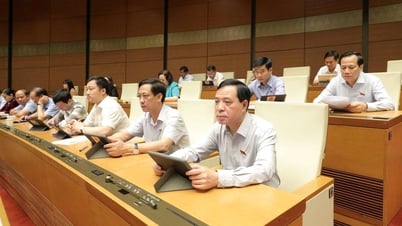

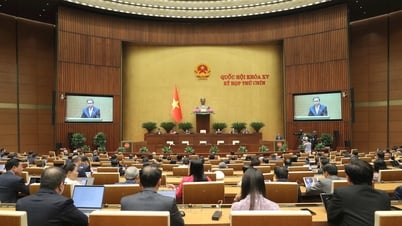
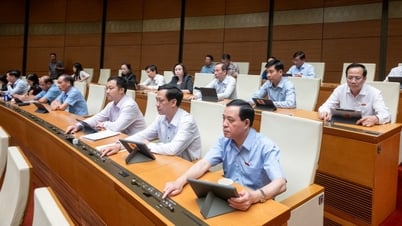


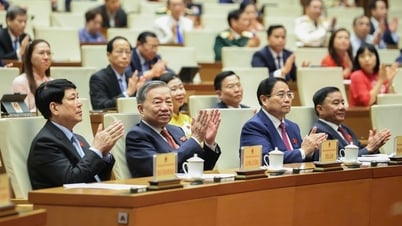

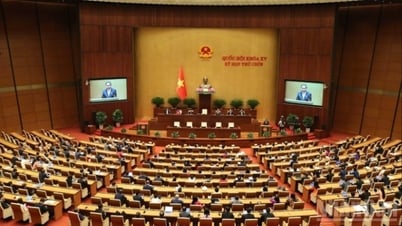






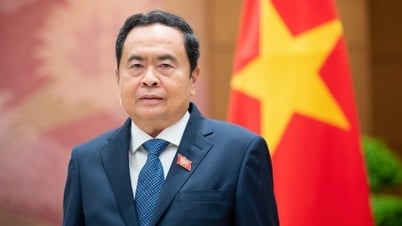







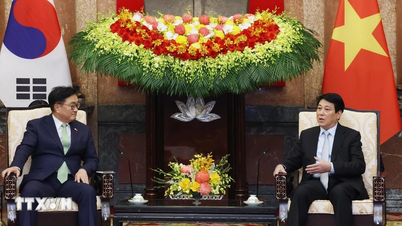
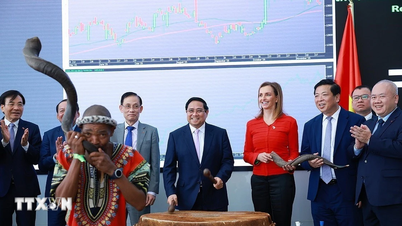
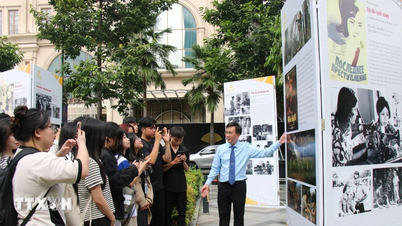
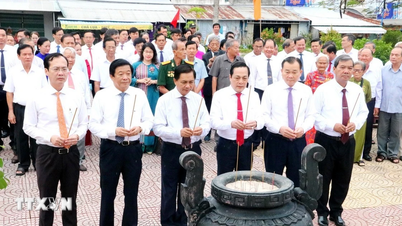

















































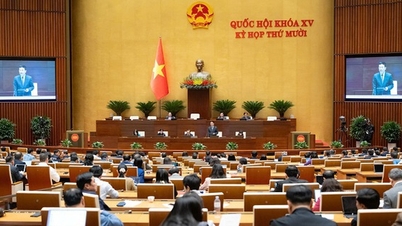

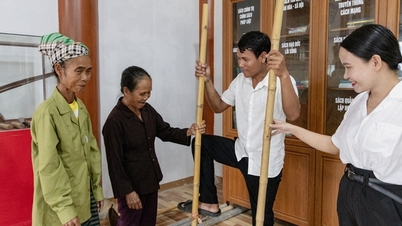
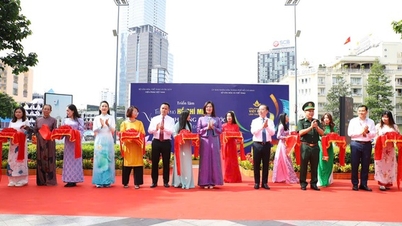
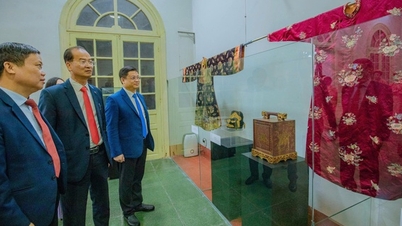
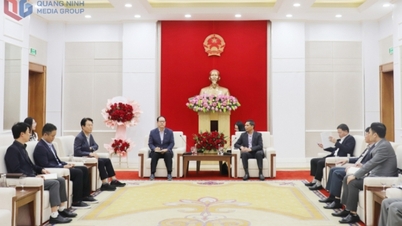


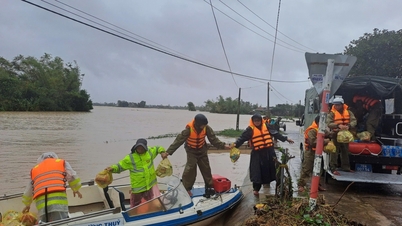

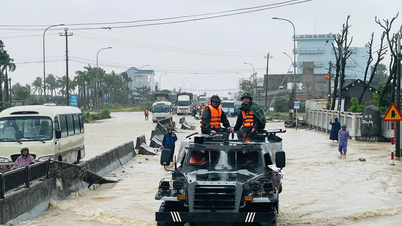

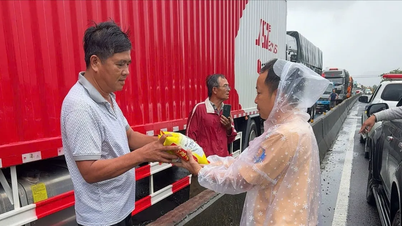















Comment (0)